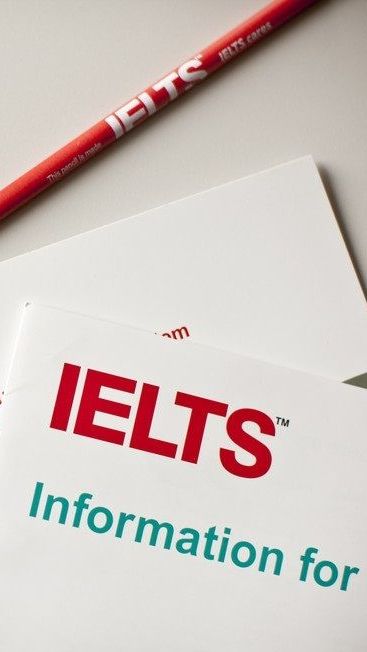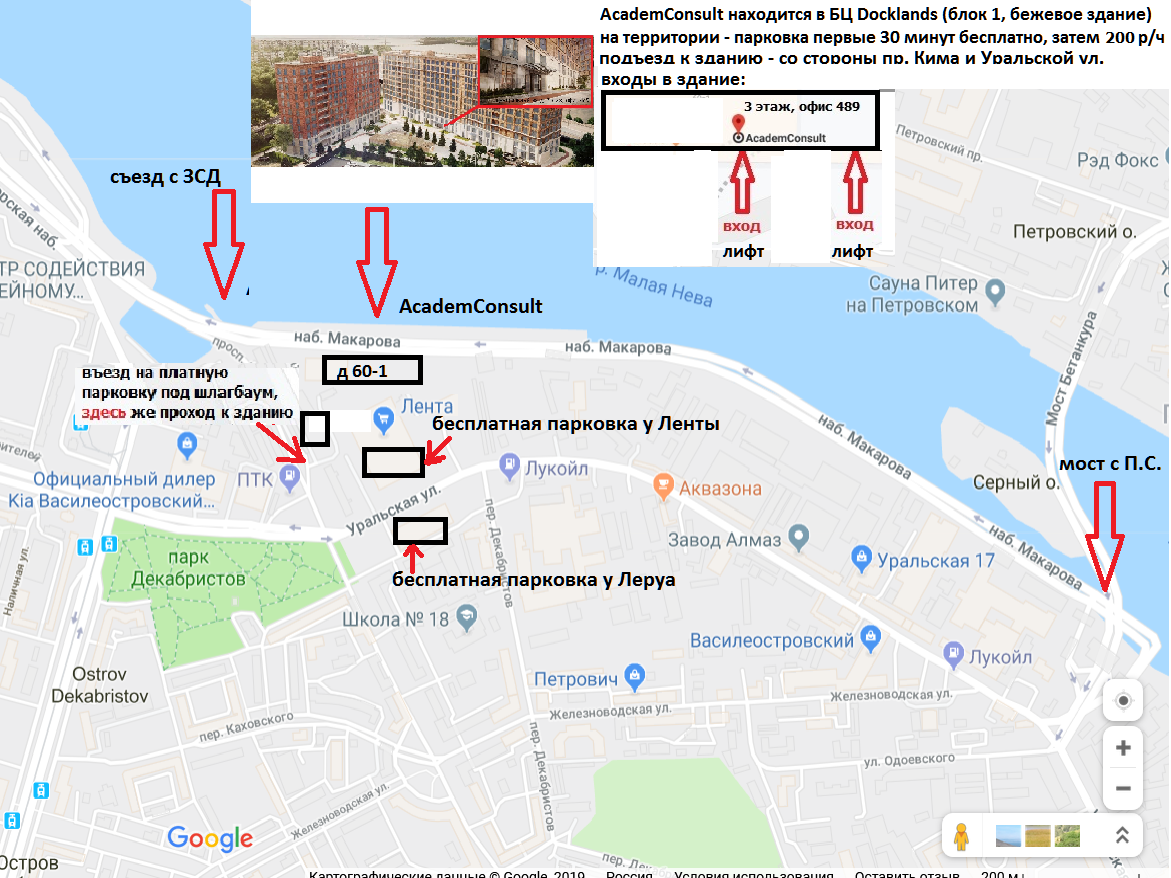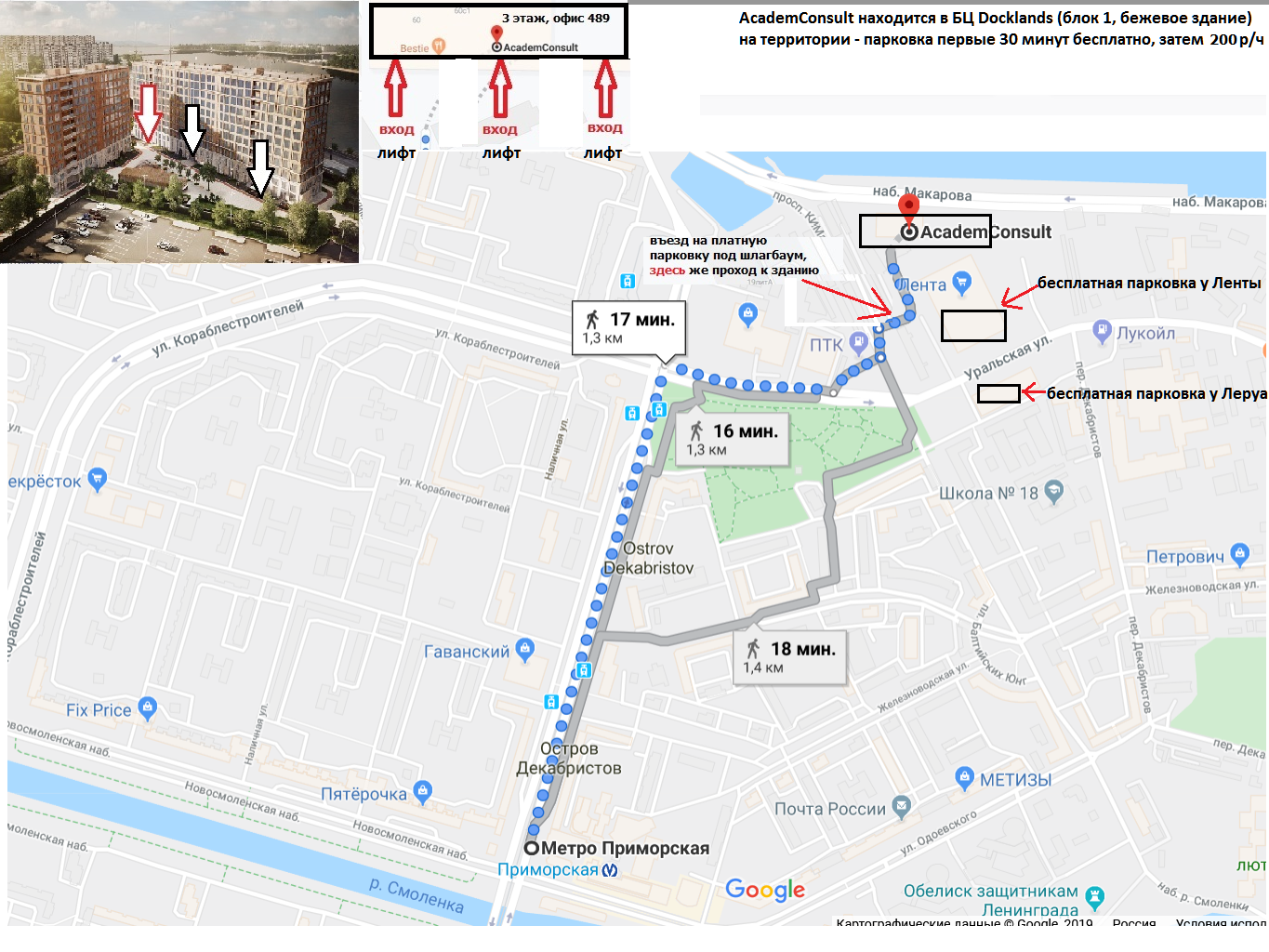7.09.2023
IELTS preparation: tips & tricks writing & reading
One part of the test many students find particularly challenging is Writing. It consists of two parts with part 1 being a description of a graph, table, bar chart or diagram and part 2 being an extended piece of discursive writing where you are asked to express your opinion on a problem. The time limit for the whole writing section is one hour and it is advised to spend 20 and 40 minutes respectively.
Part 2 carries two-thirds of marks and it could be a good idea for many students to start with this one as here you not only have to demonstrate your writing skills but you have to think of what to write, how to structure your ideas, how to justify your opinions, what examples or comparisons to provide and what conclusion to make in the end.
Part 2 carries two-thirds of marks and it could be a good idea for many students to start with this one as here you not only have to demonstrate your writing skills but you have to think of what to write, how to structure your ideas, how to justify your opinions, what examples or comparisons to provide and what conclusion to make in the end.


IELTS preparation: tips & tricks writing & reading

Part 1 is shorter and, in my opinion, 20 minutes are enough to complete it. The main thing here is to use appropriate language and present and compare the data provided.
Tips relevant for both tasks are to logically organize the piece of writing giving a clear introduction and conclusion, not to forget about paragraphing and using linkers to connect them and to try and show a wide range of vocabulary and language structures. Before the exam, many students find it really helpful to do targeted vocabulary exercises, practice writing sample exam tasks, discussing them with a teacher and editing them. In addition, studying sample answers can really help acquire some useful vocabulary and ideas on how to approach the tasks.
In the Reading Module of the exam there are 3 reading passages with a total of 40 questions. You will have one hour to do the Reading Module. Therefore, it’s better to spend no more than 20 minutes for each passage. As soon as you are out of 20 minutes, move to the next passage. This way you will have a chance to cover most of the questions. Students are usually recommended to scan the passage first and then turn to dealing with the questions but in our opinion, it saves times to go through the first set of questions before reading the passage. Some questions are developed to check your knowledge of vocabulary through synonyms and words with opposite meaning (It would really help to do some IELTS practice vocabulary exercises to develop your vocabulary to deal with them). Other questions - to check your understanding of certain grammar structures. Some students find the questions for Yes/No/Not given the trickiest while others think the questions checking understanding the main idea are the most difficult. We usually advise to identify your problems in the beginning of your preparation and focus on dealing with them.
All in all, passing IELTS test is a challenging task and you should give your preparation serious consideration and invest a lot of time. However, there are ways and tricks to deal with it successfully.
Tips relevant for both tasks are to logically organize the piece of writing giving a clear introduction and conclusion, not to forget about paragraphing and using linkers to connect them and to try and show a wide range of vocabulary and language structures. Before the exam, many students find it really helpful to do targeted vocabulary exercises, practice writing sample exam tasks, discussing them with a teacher and editing them. In addition, studying sample answers can really help acquire some useful vocabulary and ideas on how to approach the tasks.
In the Reading Module of the exam there are 3 reading passages with a total of 40 questions. You will have one hour to do the Reading Module. Therefore, it’s better to spend no more than 20 minutes for each passage. As soon as you are out of 20 minutes, move to the next passage. This way you will have a chance to cover most of the questions. Students are usually recommended to scan the passage first and then turn to dealing with the questions but in our opinion, it saves times to go through the first set of questions before reading the passage. Some questions are developed to check your knowledge of vocabulary through synonyms and words with opposite meaning (It would really help to do some IELTS practice vocabulary exercises to develop your vocabulary to deal with them). Other questions - to check your understanding of certain grammar structures. Some students find the questions for Yes/No/Not given the trickiest while others think the questions checking understanding the main idea are the most difficult. We usually advise to identify your problems in the beginning of your preparation and focus on dealing with them.
All in all, passing IELTS test is a challenging task and you should give your preparation serious consideration and invest a lot of time. However, there are ways and tricks to deal with it successfully.

